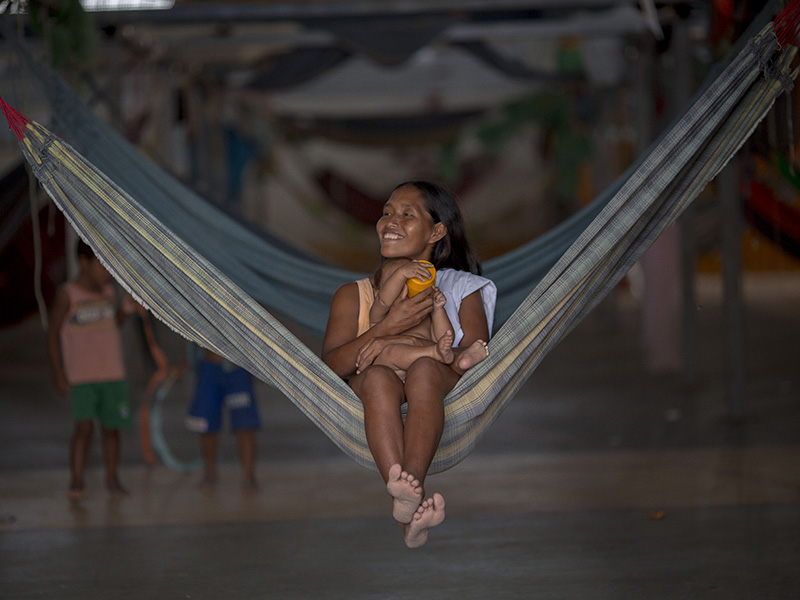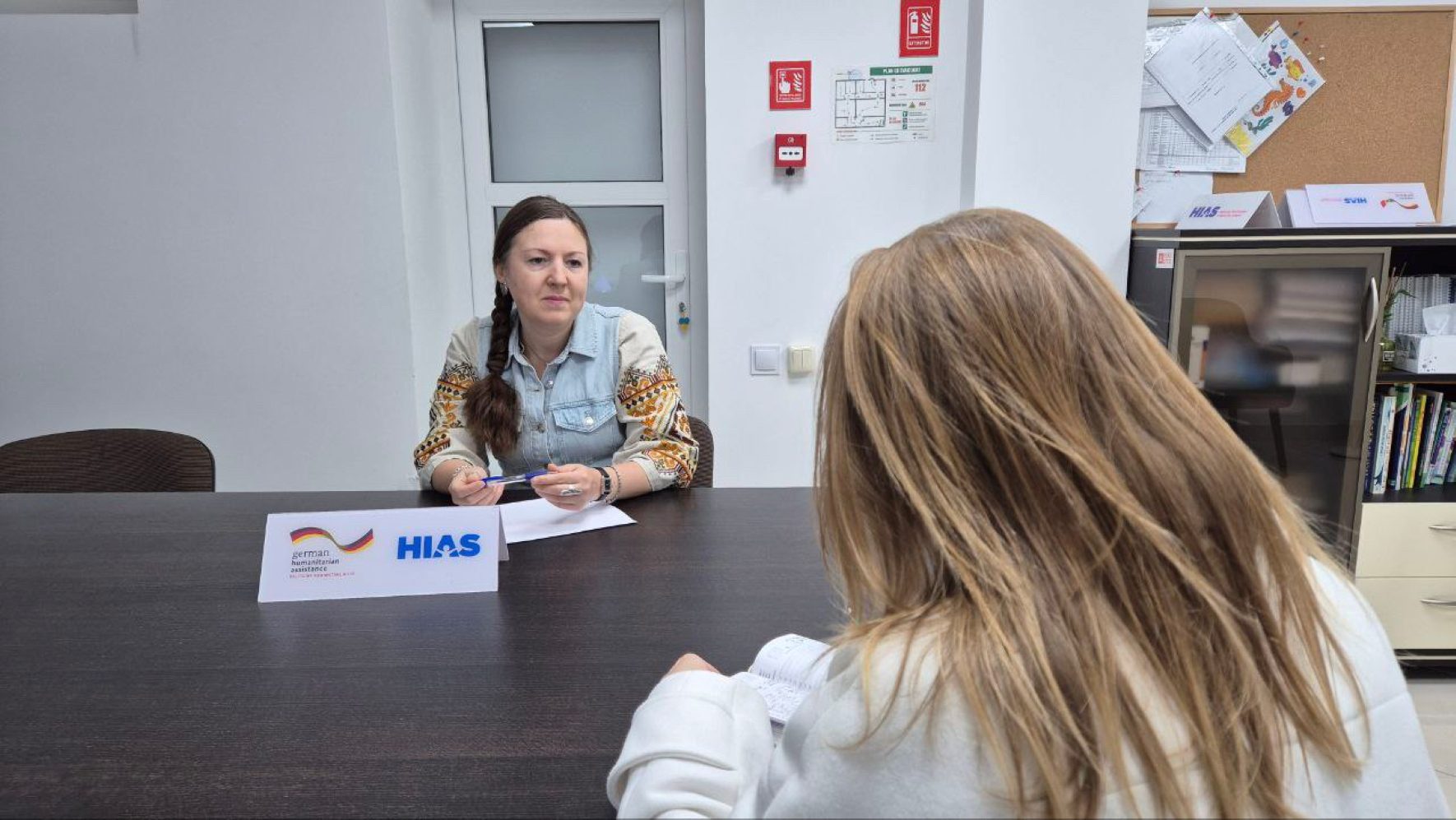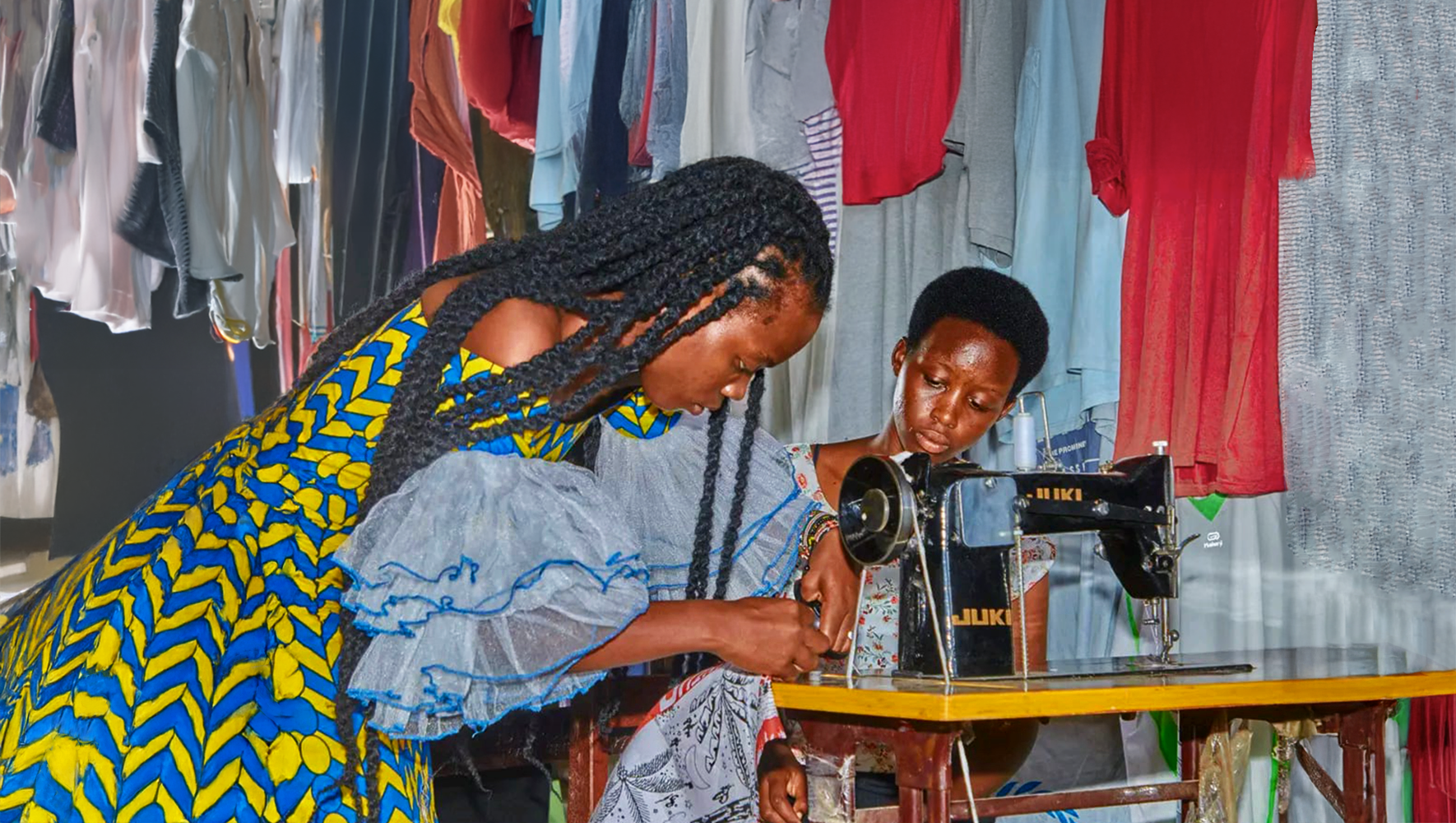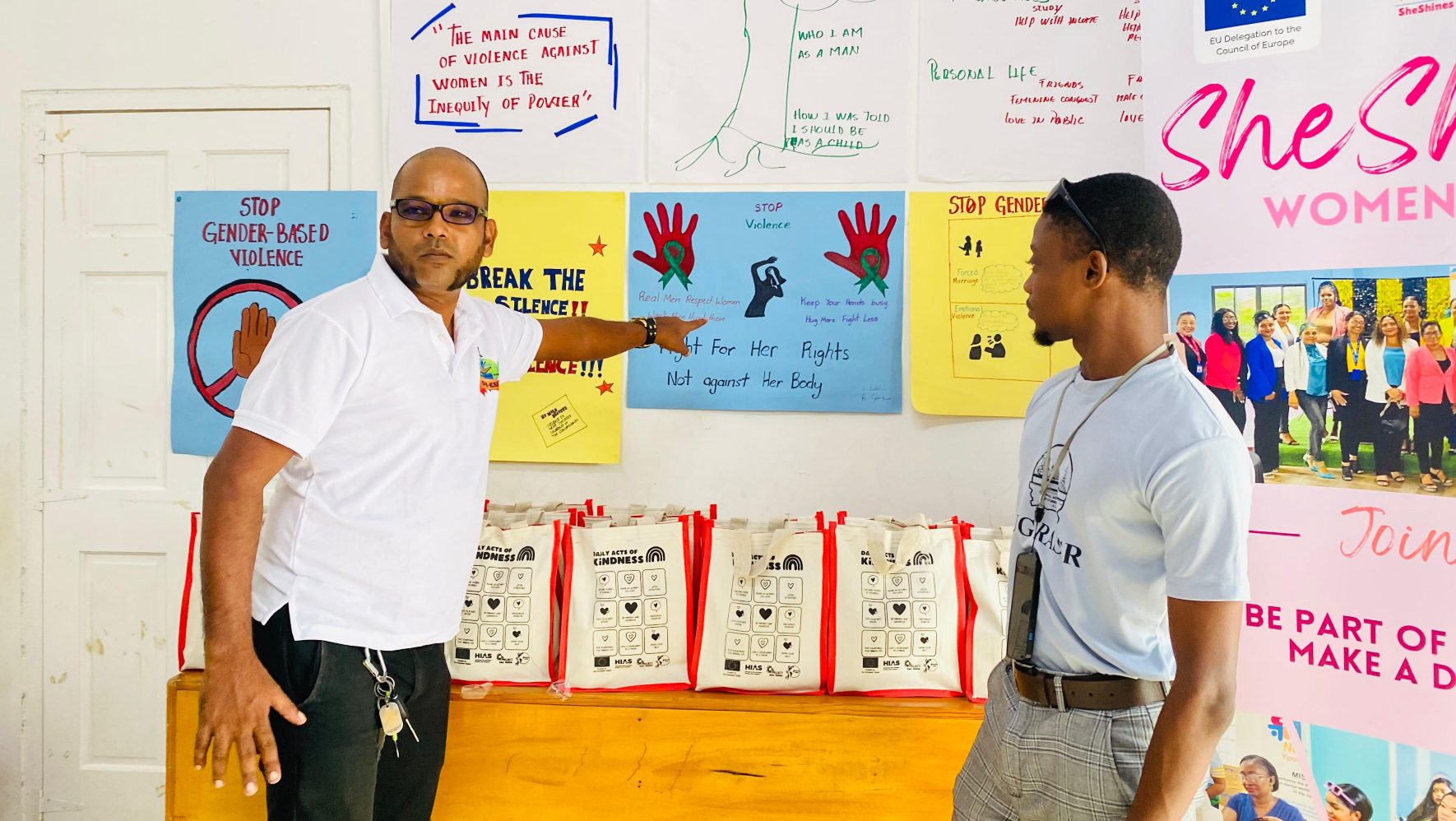New Resources Help Integrate Gender Into Humanitarian Responses
May 08, 2018

A Venezuelan indigenous refugee gives water to her daughter at the Pintolandia shelter in the city of Boa Vista, Roraima, Brazil, on February 24, 2018.
(Mauro Pimentel/AFP/Getty Images)
For the past two years, HIAS, the global Jewish nonprofit that protects refugees, has co-led an international effort to integrate gender equality and women’s empowerment into the humanitarian system together with UN Women.
Otherwise known as the Inter-Agency Standing Committee, the international consortium has released key resources in the past six months including: the IASC Gender Handbook for Humanitarian Action, the IASC Policy on Gender Equality and the Empowerment of Women and Girls in Humanitarian Action, and the Gender Accountability Framework.
The Gender Handbook, published in March, provides an update to the original 2006 version and “reflects the main challenges faced in ensuring that gender equality and women’s empowerment are mainstreamed throughout the assessment, planning, resource mobilization, implementation and monitoring stages of the humanitarian programme cycle.”
“Women and girls around the world continue to face widespread discrimination,” says Jina Krause-Vilmar, HIAS’ Director of Economic Inclusion and Gender, “and it’s worse for refugee women and girls.”
The handbook is the culmination of three years of collaborative and consultative work, lead by the Gender Reference Group, on which HIAS sits. HIAS has also endorsed the revised Gender Policy and corresponding accountability framework, because the organization knows that without shining a light on the roles and responsibilities at every level of humanitarian action, we risk leaving women and girls behind.
“Women are already held back by harmful social norms, by lack of access to education and training, by inadequate reproductive health resources, and by the all-too-real risk of gendered violence,” Krause-Vilmar adds.
“As humanitarian professionals, we cannot continue to design programs as if women’s realities are the same as men’s and reinforce men’s experiences as the standard for ‘normal.’”
These new tools provide practical guidance to frontline humanitarian workers on how to integrate gender equality and the empowerment of women and girls throughout their programs.
With 128 million people in need of humanitarian assistance, 65 million people displaced and the average length of displacement being 17-25 years, crises have become the “new normal.” Crises affect women and men, boys and girls differently, and women and girls are disproportionately affected in terms of reduced access to livelihoods, education and health, and the constant threat of sexual and gender-based violence.
Yet, when crisis strikes, humanitarian response does not factor the differences in impact to women, girls, men and boys. Without specific guidance, tools and know-how, humanitarian action runs the risk of not reaching women and girls, doing harm by forcing women and girls to desperate measures to survive, and remaining gender-blind.
HIAS and its partners are committed to putting gender equality at the core of humanitarian response.
Download the online version of The Gender Handbook in English here.



